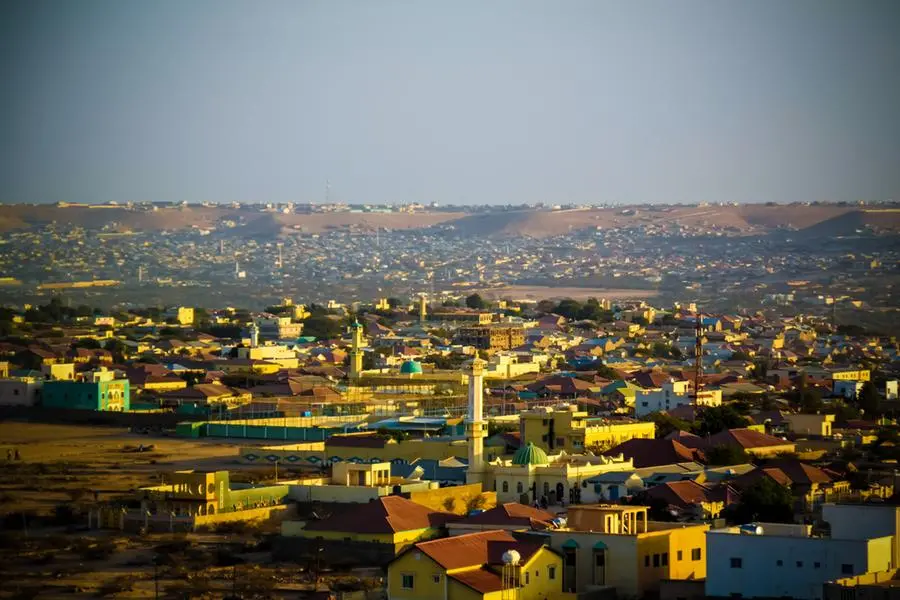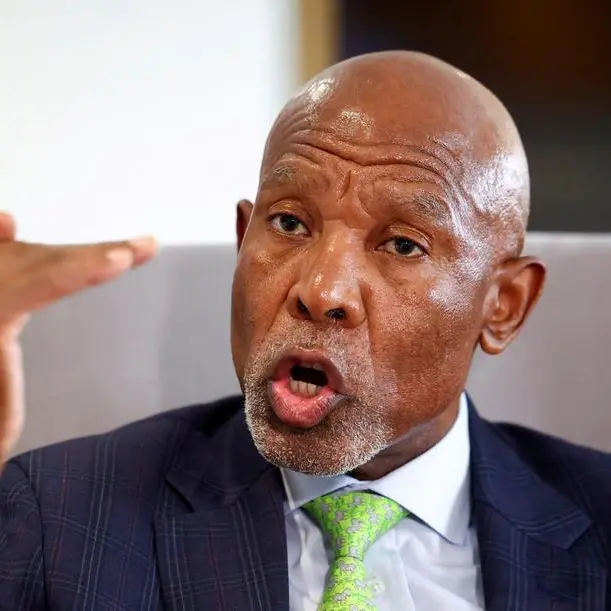PHOTO
The European Union (EU) has announced substantial financial support for Somalia, amounting to over $10.7 million, following significant steps taken by Mogadishu to implement key economic and political reforms.
The reforms are aimed at improving governance and securing the confidence of the global financial system.
The budgetary support is tied to progress in key reform areas.
The announcement was made during high-level talks between EU officials and Somali Finance Minister Bihi Egeh in March 4, which included discussions on key issues such as customs and education sector reforms, external audit and defence spending.
The EU through its X (formerly Twitter) handle said it is planning a new budget support operation for 2026–2027, signalling a continued partnership with Somalia in its reform efforts.“The EU is set to disburse €10 million ($10.7 million) to Somalia in budget support and plans for a new budget support operation for 2026-2027,” it said.“Budget support is allocated directly to the national budget based on progress on key reforms.”According to the Facility for Talo and Leadership (FTL Somalia), an independent policy institute and training centre for the promotion of peace, democracy and justice, the direct budget financing mechanism allows the government to implement its priorities while adhering to agreed reform benchmarks.
The $10.7 million is the latest EU funding to support Somalia’s state-building and economic recovery, particularly in areas critical to stability and growth.
In September last year, the EU released a $9.63 million budget funding in recognition of Mogadishu’s ability to maintain macroeconomic stability and implement key reforms to strengthen public financial management, bringing total EU funding to Somalia under the current and previous Somalia State and Resilience Building Contract (SRBC) to $108.54 million since 2018.
The funding supported the government’s efforts to mobilise domestic revenues, advance the fiscal federalism agenda and continue the roll out of public education services, in particular through the National Teacher’s Initiative.
The Horn of Africa country is strategically located on the eastern coast of Africa, bordering the Indian Ocean at the mouth of the Red Sea (Gulf of Aden), with a population of approximately 17 million.
After more than two decades of civil war and lack of State control, Somalia is now strongly committed to advancing an ambitious political and security agenda and is moving forward with the constitutional review process.
In December 2023, Somalia secured $4.5 billion debt write-off from global lenders, marking the culmination of a decade-long process of negotiations and reforms.
The move by the multilateral and bilateral lenders, including the World Bank and the International Monetary Fund (IMF), significantly reduced the country’s debt from $5.2 billion to $600 million, with external debt falling to less than six percent of gross domestic product, from 64 percent in 2018.
Somalia’s external debt stood at $1.51 billion as at December 31, 2024, according to data from the Ministry of Finance.
Somalia’s debt relief presented a historic opportunity for Mogadishu to turn the page on three decades of conflict, fragility and State fragmentation and embark on the path of economic reconstruction, poverty reduction and inclusive growth.
The HIPC initiative was created by the IMF and World Bank in 1996 to allow creditors to provide debt relief to world’s poorest and most heavily indebted countries in order to reduce the economic constraints inflicted by the debt service burdens. © Copyright 2022 Nation Media Group. All Rights Reserved. Provided by SyndiGate Media Inc. (Syndigate.info).





















